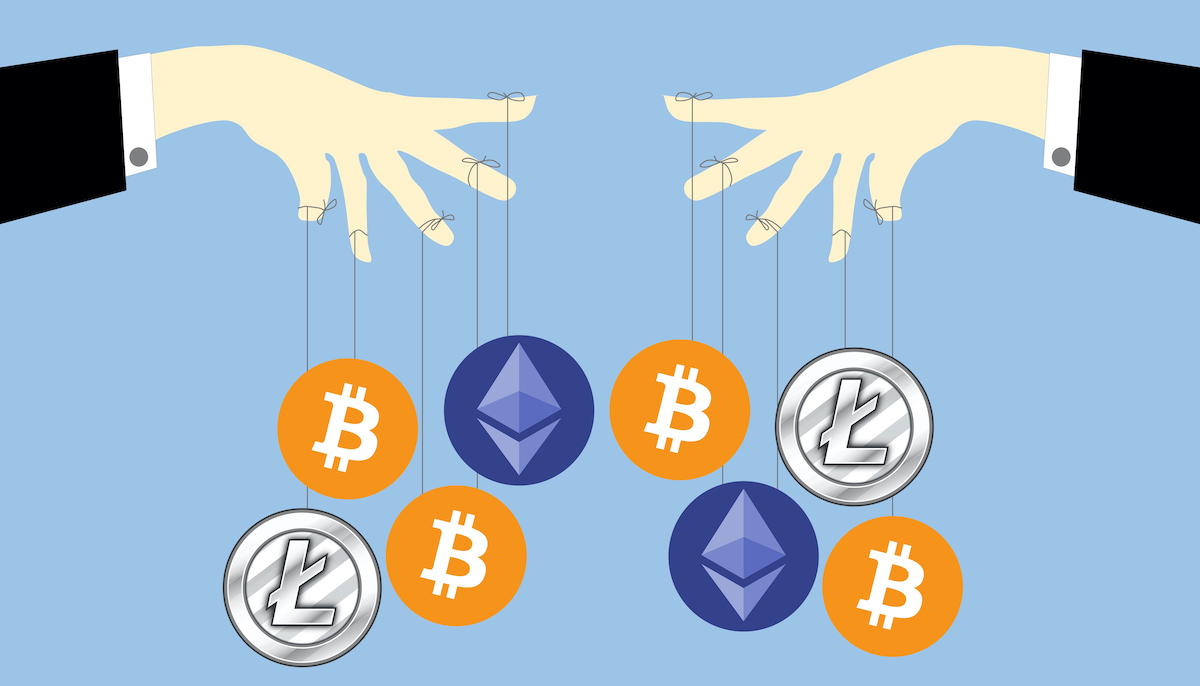
A now-defunct cryptocurrency pyramid scheme, Lyfcoin gathered up to £2.5 million from Brits who had hoped to double their initial investment within five months. A group of affected investors are agitating for authorities to take action, even though little or nothing is known about the masterminds.
A Metro report today uncovered more details about the Lyfcoin scheme which reigned between late 2018 and early 2019. The coin was sold to both Brits and foreign investors at $1.60 each. The promise was that they’d be able to sell them for twice that amount if they locked the coins (staked) for five months.
A certain Sakhi Rezaie led the Lyfcoin’s recruitment drive by displaying investor presentations, organising Zoom meetings and even inviting prospects to his office in Birmingham. He received payments directly to his bank account before forwarding it to another account tagged ‘MK Brothers Limited’ (possibly the account for the real Lyfcoin masterminds).
Some of his prospects (now victims) also sold Lyfcoin packages to their relatives and neighbours, with some even emptying their retirement accounts to invest in what they believed was the next big shot.
However, before the time came for the investors to cash out, it became clear that there was no cryptocurrency exchange where they could sell Lyfcoin. The masterminds had set a $0.8 in-house price for the fake cryptocurrency and attempted to trick the already-panicked investors to lock their coins for more 12-24 months.
But the damage had already been done at that point with these investors now holding worthless tokens. These tokens cannot be exchanged for Bitcoin or other cryptocurrencies and are not accepted anywhere on the internet.
Counting Losses on Lyfcoin
Per the report, Mr Rezaie, who had introduced many to Lyfcoin, claims that he was only a customer like every one of the victims, and thus could not refund those who had registered under him.
Another victim, Atif Hussain, invested £11,500 (including £20,000 on behalf of his mom and £5000 for his brother). He is only left with regrets over his inability to refund them, having been laid off from work amid the COVID-19 pandemic.
A group of fourteen investors are now trying to persuade authorities to take up the matter legally after earlier complaints to the police were turned as a mere “civil matter” or “business gone wrong.”





 usdt
usdt xrp
xrp

